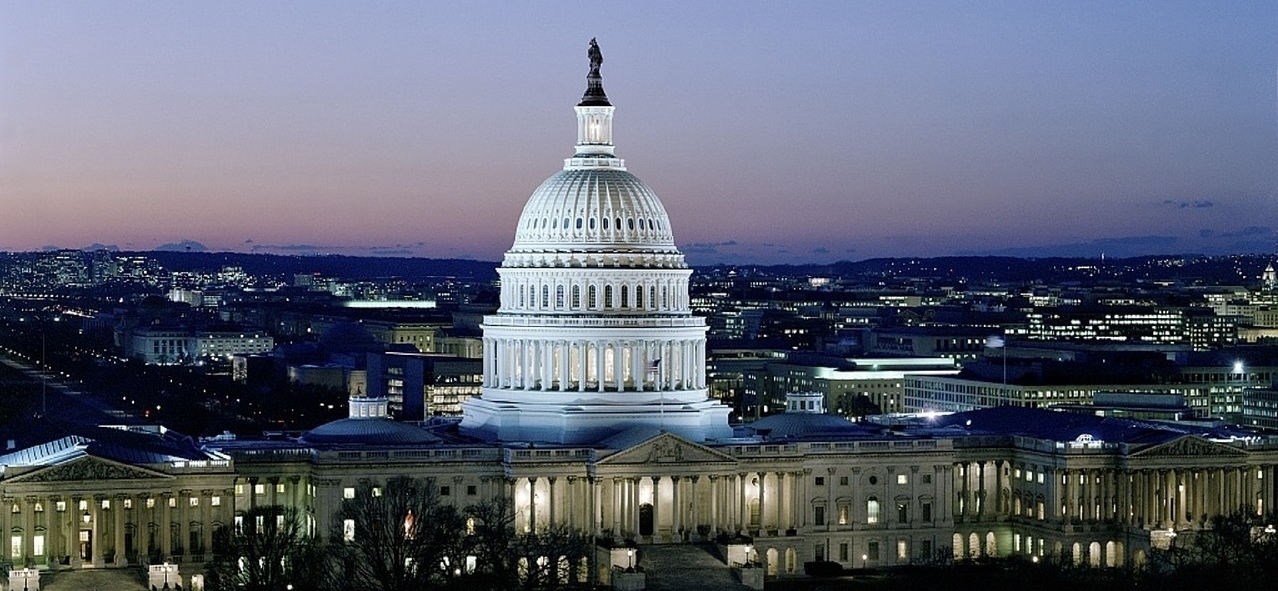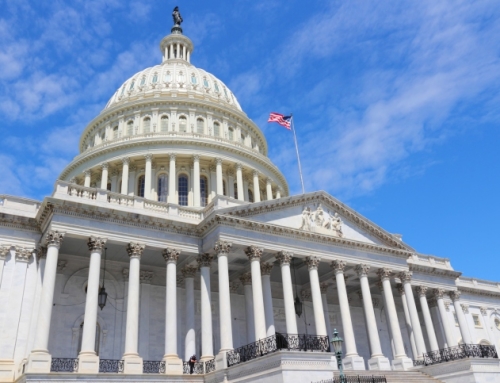Legislation that would increase wages for temp workers, require staffing firms to register, limit conversion fees and requiring staffing firms to provide coronavirus sick leave, among other things, was announced in the US House of Representatives last week.
“Every worker in America deserves equal pay for equal work, and the federal government cannot allow temp workers to be an exception,” said Rep. Emanuel Cleaver II, D-Missouri, in a statement. Cleaver announced the legislation with Joe Kennedy III, D-Massachusetts.
The legislation is named the “Restoring Worker Power Act.”
The American Staffing Association, which represents US staffing firm interests, is reviewing the bill, which has not yet been introduced. The bill’s authors have also not been in contact with the ASA.
“If enacted, the bill would the significantly impede the nascent economic recovery by imposing major new burdens on the staffing industry — an industry that has traditionally led the nation out of recession by offering employers the opportunity to test the waters with temporary and contract workers and subsequently offer them permanent employment,” the ASA said in a statement
A separate worker protection bill that was approved by the House in February has not made it past the Senate, The Washington Post reported.
According to its sponsors, the Restoring Worker Power Act would:
- Ensure temporary workers are paid the same as directly hired employees.
- Ensure temp workers receive basic information regarding their work assignments such as work hours, rate of pay, and the contact name of their worksite employer.
- Prohibit temp staffing agencies from charging temporary workers for performing background checks and drug tests.
- Ensure temp workers receive the same safety training as other employees, require that temporary workers are made aware of injury reporting guidelines, and inform temporary workers of hazards associated with their worksite.
- Prohibit the use of forced arbitration agreements and noncompete agreements by temporary staffing agencies and host employers.
- Limit the use of conversion fees that hinder the future job prospects of temporary workers by either prohibiting host employers from hiring temporary workers directly or requiring the host employer to pay the staffing agency a fee.
- Address discrimination in the temporary staffing agency industry.
- Require temp staffing agencies to register with the US Department of Labor.
- Eliminate the 500-employee cap in the “Families First Coronavirus Response Act” that exempts temporary staffing agencies from providing paid family and medical leave during the pandemic.









